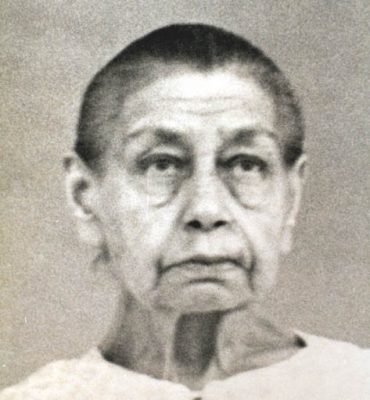The Truth Consciousness
- Home
- Questions and Answers 1957-1958
- The Truth Consciousness
Everyone has his own idea which is more or less clear, more or less organised, more or less precise, and this idea he calls the world. Everyone has his own way of seeing, his own way of feeling and his particular relationship with everything else, and this he calls the world. He naturally puts himself at the centre, and then everybody is organised around him, according to the way in which he sees it, feels it, understands and desires it, according to his own reaction, but since for each consciousness, individually, it is different, this means that what we call the world—the thing in itself—escapes our perception completely. It must be something else. And we must come out of our individual consciousness to be able to understand what it is; and this is what Sri Aurobindo calls the passage from the lower to the higher hemisphere. In the lower hemisphere there are as many universes as individuals, and in the higher hemisphere there is “something”—which is what it is—in which all consciousnesses must meet.
This is what he calls the “Truth-Consciousness”.
As the human consciousness progresses, it has a greater and greater sense of this relativity, and at the same time a sort of feeling, it could be said, a vague impression that there is a Truth, which is not perceptible by ordinary means but must be perceptible in some way or other.
Ref: Questions and Answers 1957 – 1958





